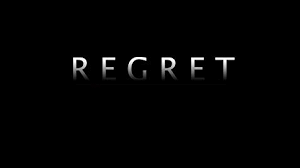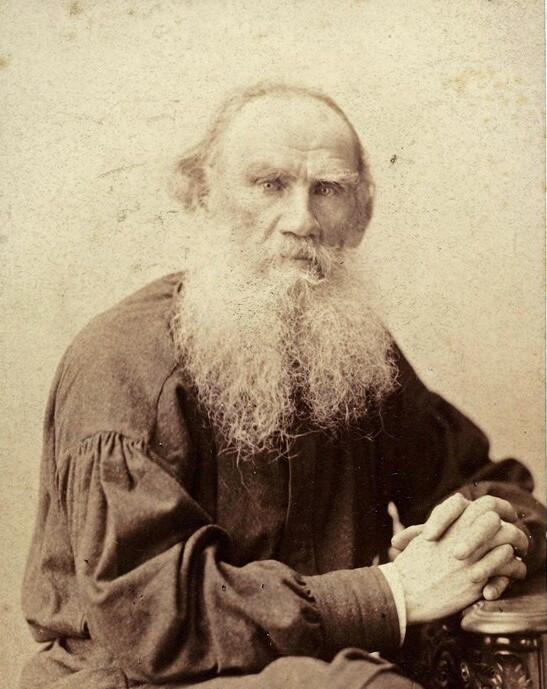Understanding Free Will (or at least trying to)
This is a fantastic exploration of the idea of free will, posted as a comment in an article in Ars Technica. The article itself was decent (see the link above) but the comment by the user DeeplyUnconcerned just really lays it out in easy to understand format. Looks like you can sometimes find something worthwhile in a comment section.
The underlying problem here, I believe, is that the concept of “free will” that most people have is incoherent, and I’d be curious to know if either book actually manages to define it in concrete terms. Typically, definitions rely on hand-waving what is meant by “possible” in different sections of the discussion.
DeeplyUnconcerned
Specifically, there is a difference between:
Is it possible that a person could have acted differently, in that a different person put in exactly the same position could have made a different choice?
Is it possible that a person could have acted differently, in that if you perfectly branched the universe into two identical copies, the person could have made a different decision in each branch?
The answer to the former, in any given situation, is usually “yes”.
The answer to the latter, in any given situation, must be one of:
A) Yes, decision-making is fundamentally non-deterministic, and people are not actually in control of their own decisions
B) No, decision-making is fundamentally deterministic, and people will always make identical decisions in identical situations
So we have 1), 2A) and 2B) as the relevant scenarios.
I would argue strongly that 2A) – “you could have acted differently, decisions are non-deterministic” is not “free will” because non-deterministic decisions mean the outcome is entirely out of your control, and indeed you’re not actually making a “decision” in the traditional sense at all, everything you decide is just a (presumably-weighted) dice roll. This is where “maybe quantum uncertainty is the answer” leads you.
1) is I think what is meant by “free will” in most contexts – “I would have chosen differently”. This is entirely independent of the entire determinism argument.
2) as a whole is where the challenge is, and for me 2B) is both the most plausible outcome, and also the most free-will-like outcome. In a branched universe, you will make the same choice in both branches because your decision-making is a function of your identity at that moment in time.
Yes, this means that in a deterministic universe (which is at least true at classical scales; let’s assume quantum uncertainty’s practical impact is at most a minimal here), everybody’s identity is a deterministic product of their nature and nurture… but in most contexts, that’s what we mean by “free will”: except to the degree you’re constrained by circumstance, you have the latitude to act according to your current nature.
And, it needs to be borne very much in mind, that nature changes through experience, including the experience imposed on us by others around us.
At the every-day level, a humane justice system imprisons people to protect society, to get criminals to change their behavior, and to at least partially satisfy the emotions of society at large so that they continue to accept the system.
At the 2B), “everything is deterministic, nobody has any control” level… a human justice system imprisons people to protect society, to get criminals to change their behavior, and to at least partially satisfy the emotions of society at large so that they continue to accept the system. “Fault” and “blame” come into the first two not at all, and the third only to the degree that society demands that the justice system satisfies their emotional reaction. Arguments about free will have no direct purchase on any of those factors.
Where they might have purchase is to persuade society to reduce its emotional need for punishment, but really, that issue is likely better addressed by just persuading people to have more empathy for their fellow humans.
tl;dr either decision-making is random or it’s deterministic, and random decisions are even less free-will-like than deterministic ones; this mostly doesn’t matter, though.
Edit: I would also add that my impression is that a lot of people work their way through the argument to the point of realizing 2B), “by this definition nobody has free will”, have an emotional reaction to that statement, and get tied up in proving/disproving it, rather than provisionally accepting it and working through its consequences. My argument is that, when you work it through, those consequences are pretty much zero for almost all practical scenarios.




